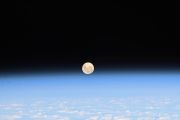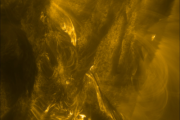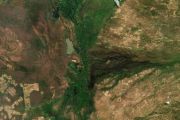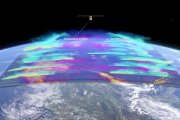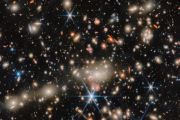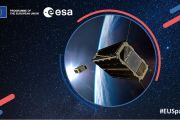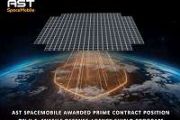
Copernical Team
Hopping space dust may influence the way asteroids look and move
 Like corn kernels popping in a frying pan, tiny grains of dust may hop around on the surface of asteroids, according to a new study from physicists at CU Boulder.
That popcorn-like effect may even help to tidy up smaller asteroids, causing them to lose dust and look rough and craggy from space.
The researchers published their results July 11 in the journal Nature Astronomy. Their fin
Like corn kernels popping in a frying pan, tiny grains of dust may hop around on the surface of asteroids, according to a new study from physicists at CU Boulder.
That popcorn-like effect may even help to tidy up smaller asteroids, causing them to lose dust and look rough and craggy from space.
The researchers published their results July 11 in the journal Nature Astronomy. Their fin NASA's Webb reveals steamy atmosphere of distant planet in detail
 NASA's James Webb Space Telescope has captured the distinct signature of water, along with evidence for clouds and haze, in the atmosphere surrounding a hot, puffy gas giant planet orbiting a distant Sun-like star.
The observation, which reveals the presence of specific gas molecules based on tiny decreases in the brightness of precise colors of light, is the most detailed of its kind to d
NASA's James Webb Space Telescope has captured the distinct signature of water, along with evidence for clouds and haze, in the atmosphere surrounding a hot, puffy gas giant planet orbiting a distant Sun-like star.
The observation, which reveals the presence of specific gas molecules based on tiny decreases in the brightness of precise colors of light, is the most detailed of its kind to d Webb Telescope: What will scientists learn?
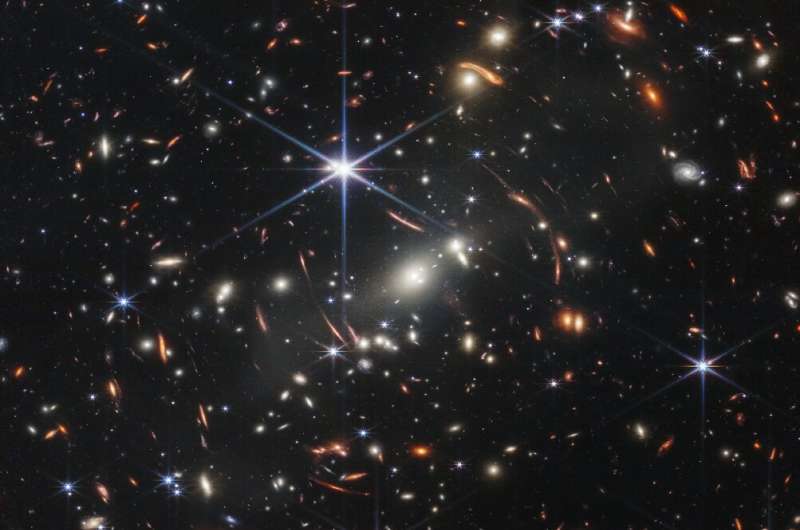
The James Webb Space Telescope's first images aren't just breathtaking—they contain a wealth of scientific insights and clues that researchers are eager to pursue.
Here are some of the things scientists now hope to learn.
Into the deep
Webb's first image, released Monday, delivered the deepest and sharpest infrared image of the distant universe so far, "Webb's First Deep Field."
The white circles and ellipses are from the galaxy cluster in the foreground called SMACS 0723, as it appeared more than 4.6 billion years ago—roughly when our Sun formed too.
The reddish arcs are from light from ancient galaxies that has traveled more than 13 billion years, bending around the foreground cluster, which acts as a gravitational lens.
Baby stars, dancing galaxies: NASA shows new cosmic views
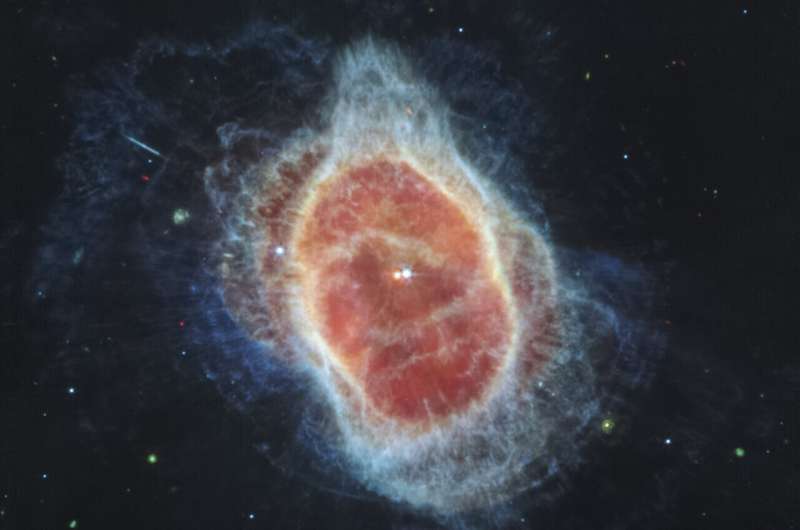
A sparkling landscape of baby stars. A foamy blue and orange view of a dying star. Five galaxies in a cosmic dance. The splendors of the universe glowed in a new batch of images released Tuesday from NASA's powerful new telescope.
The unveiling from the $10 billion James Webb Space Telescope began Monday at the White House with a sneak peek of the first shot—a jumble of distant galaxies that went deeper into the cosmos than humanity has ever seen.
Uncontrolled rocket descents pose a 10% risk of killing one or more people over the next ten years
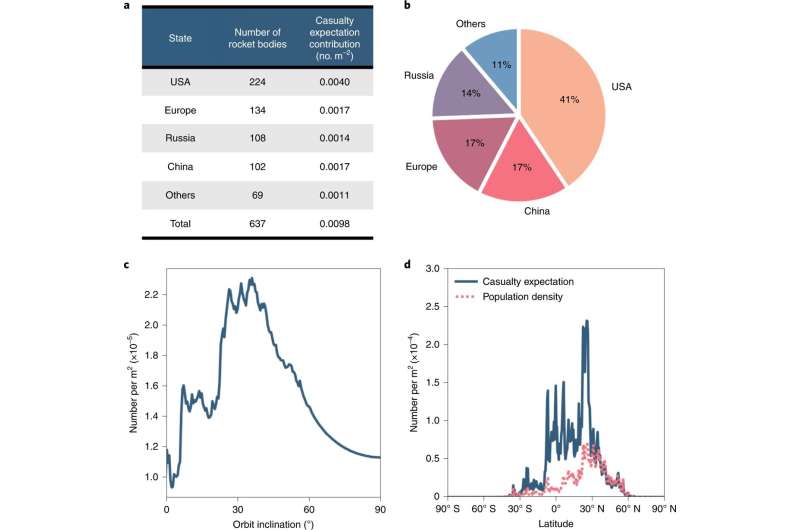
A swarm of swimming robots to search for life under the ice on Europa
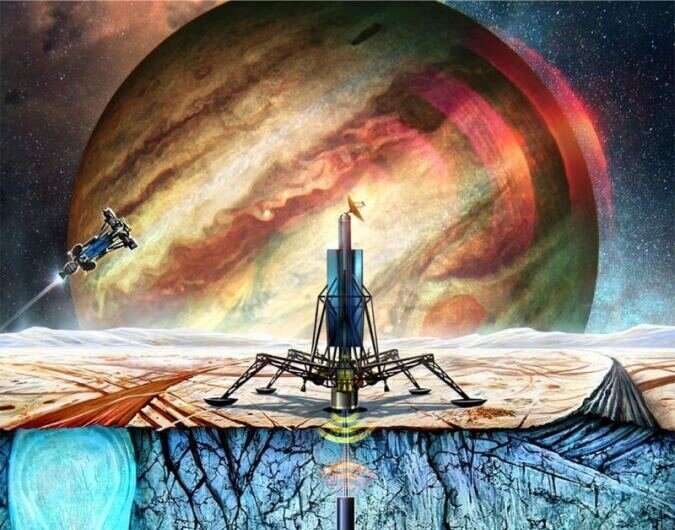
When Galileo pointed his telescope at Jupiter 400 years ago, he saw three blobs of light around the giant planet, which he at first thought were fixed stars.
China's Tianwen-1 has imaged the entire surface of Mars, completing its primary mission
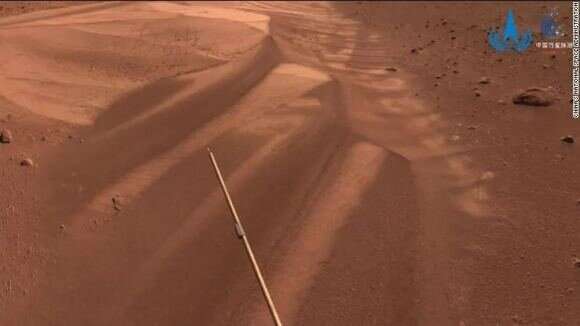
After exploring Mars for more than a year, China's Tianwen-1 space probe has successfully taken images covering the entire Red Planet, China's National Space Administration (CNSA) announced on June 29. Tianwen-1, which translates to "quest for heavenly truth," consists of six separate spacecraft: an orbiter, two deployable cameras, lander, remote camera, and Zhurong rover. The images in question were taken by the orbiter while circling Mars 1,344 times, capturing images of the Red Planet from every angle while Zhurong explored the surface. in the statement, CNSA said the probe has now completed all of its tasks, which included taking medium-resolution images covering the entire planet.
Tianwen-1 was launched on July 23, 2020, amidst the turmoil of the COVID-19 global pandemic.
China is considering a nuclear-powered mission to Neptune
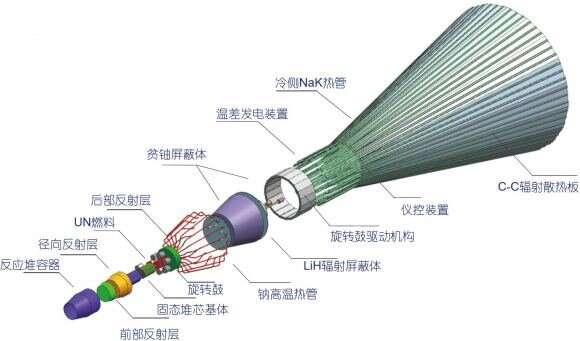
One look at the Planetary Decadal Survey for 2023–2032, and you will see some bold and cutting-edge mission proposals for the coming decade. Examples include a Uranus orbiter and probe (UOP) that would study Uranus' interior, atmosphere, magnetosphere, satellites, and rings; and an Enceladus orbiter and surface lander to study the active plumes emanating from Enceladus' southern polar region. Not to be outdone, China is also considering a nuclear-powered Neptune Explorer to explore the ice giant, its largest moon (Triton), and its other satellites and rings.
The mission was the subject of a study conducted by researchers from the China National Space Agency (CNSA), the Chinese Academy of Sciences (CAS), the China Atomic Energy Authority, the China Academy of Space Technology, and multiple universities and institutes.
Space agriculture boldly grows food where no one has grown before
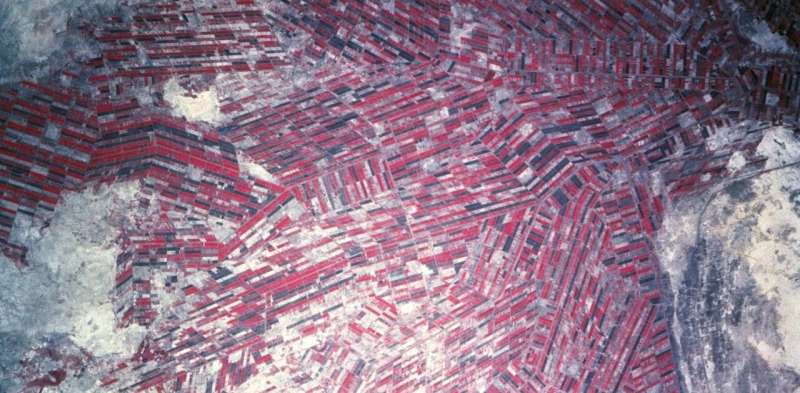
Whether to spend money on outer space exploration or to apply it to solve serious problems on Earth, like climate change and food shortages, is a contentious debate. But one argument in favor of space exploration highlights benefits that do, in fact, help study, monitor and address serious concerns like climate change and food production.
As access to space increases, the potential for terrestrial benefits directly tied to space exploration grow exponentially.
For example, agriculture has been improved significantly through the application of space-based advances to terrestrial challenges. It is now increasingly likely that food items have been produced with the assistance of space-based technologies, like freeze-dried foods, or through the use of crop monitoring from space-based observatories.
Members of the public won time on the James Webb Space Telescope
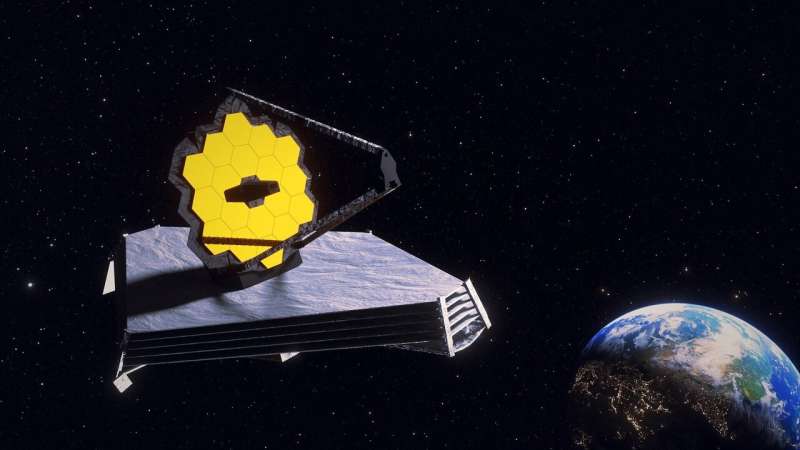
Think only professional astronomers will have access to the James Webb Space Telescope? Think again!
Three citizen scientists—members of the public—have discovered new astronomical objects that Webb will soon view. One of these volunteers is a co-investigator on a winning Webb proposal.
Later today, NASA, in partnership with the European Space Agency and the Canadian Space Agency, will release the first full-color images and spectroscopic data from the James Webb Space Telescope. But long before then, citizen scientists at Backyard Worlds: Planet 9 were working hard to find new nearby objects that Webb could follow-up. The citizen scientists who discovered Webb targets all work on this citizen science project.
"Even though the process was occasionally painstaking, it was worth it," said Arttu Sainio, who discovered a new object that Webb will examine. Sainio's discovery is a "brown dwarf," a ball of gas too cool to be considered a star, a key to understanding exoplanets. "I end up discovering hundreds of brown dwarf candidates and many of them have been followed up and researched." Citizen scientists Melina Thevenot and Dan Caselden also discovered brown dwarfs Webb will study.





